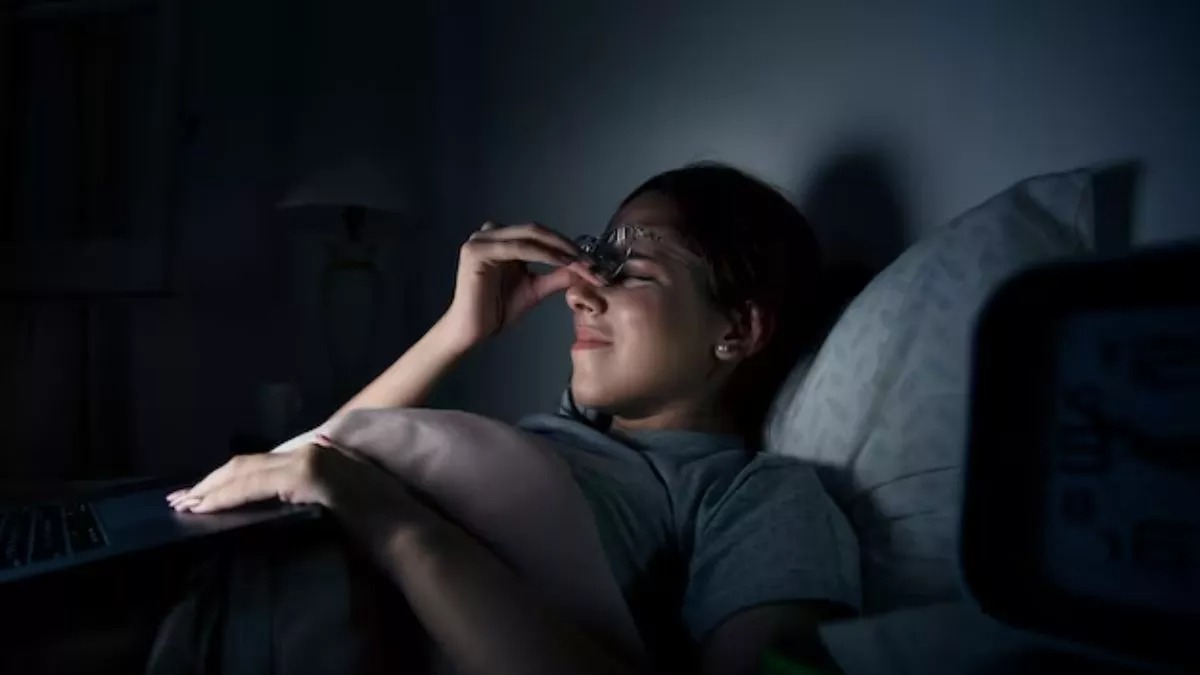
Sleep Deprivation Signs: In the changing lifestyle, we often do not pay attention to our sleep. Many of us sleep for less than 7 hours every day. This affects not only our physical but also our mental health. Sleep is very important for our physical and mental health. When we do not get complete sleep, it affects every part of our body. In such a situation, many symptoms of lack of sleep are seen in our body, which are usually ignored, but they tell us that we need to rest more.
Signs of Sleep Deprivation
- Fatigue and lethargy- The most common symptom of lack of sleep is feeling tired and lethargic. Feeling sleepy throughout the day, not feeling like working, and feeling tired all the time are all signs of lack of sleep.
- Mood swings- Lack of sleep can also cause mood swings. You may feel irritable, sad, or anxious.
- Decreased memory and focus- Lack of sleep can lead to poor memory and focus. You may find it difficult to remember things and find it hard to concentrate.
- Appetite changes- Lack of sleep can cause changes in appetite. You may feel more hungry or less hungry.
- Weight gain- Lack of sleep can lead to weight gain. When we do not get enough sleep, the level of cortisol hormone increases in our body, which can cause weight gain.
- Heart problems- Lack of sleep increases the risk of heart diseases. It can increase blood pressure and cause irregular heartbeat.
- Weakening of the immune system – Lack of sleep weakens the immune system, making you less able to fight off illnesses.
- Dark circles under the eyes- Lack of sleep can cause dark circles and swelling under the eyes .
- Headache- Lack of sleep can also cause headache.
- Digestive problems – Lack of sleep can cause digestive problems like constipation, diarrhea, and acidity.
Ways to avoid lack of sleep-
- Sleep and wake up at fixed time – Try to sleep and wake up at the same time every day.
- Create a calm environment- Create a calm environment before sleeping.
- Make the bedroom comfortable- Keep the bedroom dark, quiet and cool.
- Avoid caffeine and alcohol before bedtime – Caffeine and alcohol can disrupt sleep.
- Exercise during the day – Regular exercise can improve sleep quality.
- Don’t use electronic devices before bedtime – The blue light emitted from electronic devices can disrupt sleep.
When to see a doctor?
If you think you have a sleep problem and can't find relief after trying anything, you should see a doctor. Your doctor can help you figure out what's causing your problem and suggest treatment.
--Advertisement--

 Share
Share



